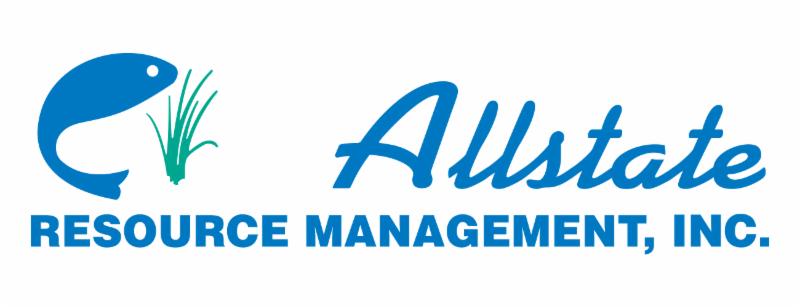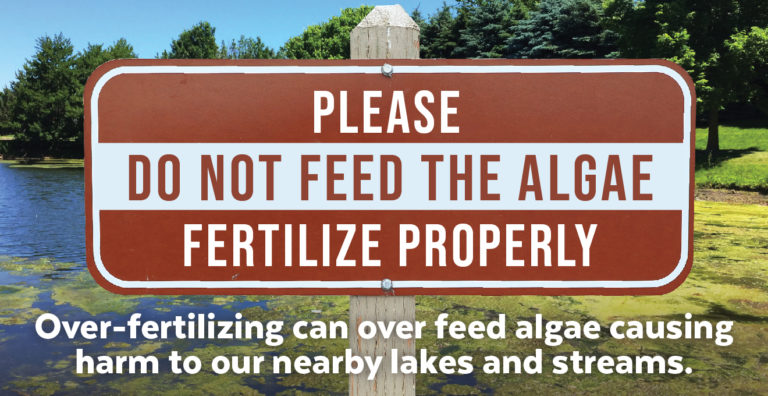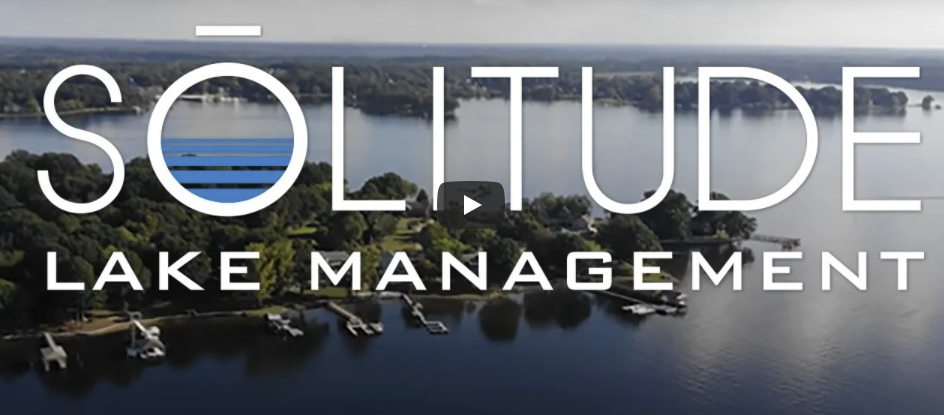WILL THE NEW LAWS BE DEVASTATING FINANCIALLY TO SOME FLORIDA RESIDENTS?
WILL THE NEW LAWS BE DEVASTATING FINANCIALLY TO SOME FLORIDA RESIDENTS?
By Eric Glazer, Esq.
In a word — YES. Are all these new laws really necessary? In a word –YES. This is all happening due to a complete lack of foresight and planning by The Florida Legislature. Mandatory Reserves and Mandatory Inspections should always have been the law. I urged The Florida Legislature in May of 2018 to make reserves mandatory. Instead they waited for a building to collapse and for 98 people to die before making these common sense laws. Of course a building should require an inspection after 25 or 30 years. Of course a building should be required to make necessary repairs to prevent a potential collapse. Of course a building should be required to put away money each month for future repairs. Of course that amount should be determined by a professional architect or engineer and not an unqualified board member who has a financial interest in the outcome of the reserve study. These laws should have been required thirty years ago, as building started to boom. Instead however, The Florida Legislature always caved to the developer lobby in order to keep the cost of living in a condominium artificially cheap, and the sale of units flowing. Now, because these laws were not in place thirty years ago, current condominium owners have a lot of catching up to do financially to pay for the sins of the past.
The days of a couple or a widower from up north retiring to a high rise condominium in Florida if their sole income is social security are done and over. That cannot happen anymore. They need to look for a condominium less than three stories in height that has some reserves put away.
If your condominium is at least 30 years old and is 6 stories or higher, has no fire sprinklers or Engineered life safety system, has not yet undergone a Mandatory Phase One and Phase Two Inspection, has not made the repairs required by those inspections and has no reserves in the bank, you are now forced to either sell your condominium unit immediately or pay massive special assessments that you may not be able to afford, or even come close to affording it.
On the flip side, if your condominium is at least 30 years old and is 6 stories or higher, and already has fire sprinklers or an Engineered life safety system, has already undergone a Mandatory Phase One and Phase Two Inspection, has already made the necessary repairs, and is fully funding reserves, you have little to nothing to worry about. Your monthly assessments should remain where they are, give or take the increases in insurance that are simply astronomical.
Developers are waiting to pounce. They are focusing their attention on those condominium at least 30 years old and are 6 stories or higher, but has no fire sprinklers or Engineered life safety system, has not yet undergone a Mandatory Phase One and Phase Two Inspection, and has not made the repairs that will be required by those inspections and has no reserves in the bank. Developers will be approaching the Boards of these condominiums with offers to buy everyone’s unit for a certain price. You will either consent to selling or have to pay the costs for all these inspections, repairs and funding of reserves. For many there will be no choice at all. They will have to sell and somehow find housing elsewhere.
Like everything else, the poor people or even the average workers who had saved up enough money for a down payment on their condo and proudly purchased their unit, they will get hit the hardest. In reality, in upper class buildings, they were either putting reserve money aside all along, or worse comes to worse they can stroke a check for these increased costs. They’re OK.
This will take years to sort out. Some condos simply won’t be able to comply with the new laws and the owners will sell out to a developer. Some condominiums will opt not to sell and pass massive special assessments and/or borrow the money from a bank. Either way their expenses are going up. Many associations will be foreclosing on many of their owners who can’t afford these special assessments. I can tell you that even before these massive changes go into effect, foreclosures are already on the rise, simply due to nearly $6.00 per gallon of gasoline and out of control food prices. These new laws will start what I believe will be a tremendous increase in foreclosures, perhaps as bad as 2007 and 2008. Yet, all of it is necessary. You can’t allow buildings not to get inspected, you can’t allow building not to get fixed, you can’t allow buildings not to have fire safety measures and you can’t allow buildings to deliberately waive a requirement to put funds away each month for future structural repairs.
The Band Aid was ripped off in one shot. As a result, Florida condominiums and their owners will have some tough financial times ahead. There will definitely be gentrification in some neighborhoods. The look, feel and face of Florida will change going forward. If only these measures were passed when these buildings were being built so people would not be forced out of their homes today. There simply was no foresight and now the change won’t be smooth and gradual, but will be difficult and immediate. And yet, there’s no other way to go. A collapse like Champlain Towers can never happen again.
Tags: Condo and HOA Law























